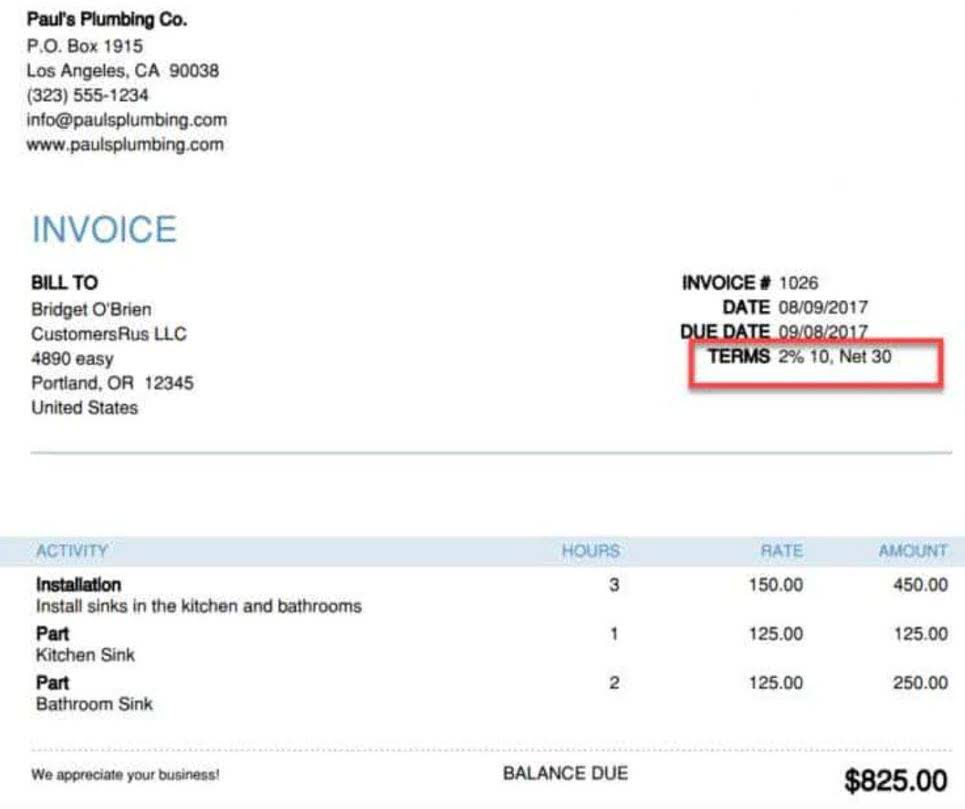
Some states like California impose more stringent requirements for classifying workers as independent contractors, and lawmakers at the state and federal levels change or add new tests from time to time. The Voluntary Classification Settlement Program is an optional program that provides businesses with an opportunity to reclassify their workers as employees for future employment tax purposes. This program offers partial relief from federal employment taxes for eligible businesses who agree to prospectively treat their workers as employees.
Three Options for Non-Canadian Employers Hiring Remote … – Ogletree Deakins
Three Options for Non-Canadian Employers Hiring Remote ….
Posted: Thu, 22 Jun 2023 07:00:00 GMT [source]
The typical penalty is a fine, which can be steep depending on the severity of the offense. In most cases, the IRS will assess the situation and cut employers off when they think it was an honest mistake. Nevertheless, if the IRS deems the misclassification independent contractor vs employee intentional, the misclassification is considered fraud, and the guilty party may face criminal prosecution and even jail time. The government wants its tax money, so it relies on each business to correctly classify every member of its workforce.
Wage hour claims
Money-wise, you can spend less with a contractor — since you don’t pay their social contributions, taxes, or benefits. But precisely for this reason, self-employed people charge higher hourly or project rates. I have practiced in contract work including buy/sell agreements, contracts for https://www.bookstime.com/ the purchase of goods and services and real estate. Consequently, it is critically important that in-house counsel take steps to ensure the company is engaging independent contractors in the right manner. Also, they should do this in partnership with the human resources department.
Besides, the distinction between the two is also important when it comes to the employer’s tax liability. As you consider the options, make sure to account for all of the pros and cons and weigh them appropriately. Some tradeoffs may be more important to you than others, so decide what kind of sacrifices you’re comfortable with. If you make a mistake or underperform, you’re also more likely to be placed on an improvement plan rather than abandoned and never hired again.
Why is it important to distinguish between an employee and an independent contractor?
On the other hand, it’s a sign of success and an important part of the growth process. Contracting is appealing to anyone who wants more independence in their work.
Their contract will have to define the scope of the work even more carefully than an employee’s contract, but won’t include a lot of the details about taxes, insurance coverage, etc. An increasing number of people are now choosing to become independent contractors due to job uncertainty and changes in the economy. In fact, a recent survey by Gallup found that 14% of workers now claim that being an independent contractor is their primary job. And this is changing the way companies employ their workforce and forcing employers to evaluate the pros and cons of hiring an independent contractor vs. employee.
Cons of Hiring an Employee
An independent contractor is the owner of their own business, no matter the size. If they cause injury or property damage while on the job, they are responsible, just as you would be responsible if you had caused it. An employee’s work, or damage they might cause, however, needs to be covered by your contractors’ insurance. Of course, if something happens on your client’s property, your client may not differentiate between your employee and someone you’ve subcontracted for a specific task. Even if you’re not legally responsible, you will still be the client’s first address for complaints.

Misclassifying workers as independent contractors adversely affects employees because the employer’s share of taxes is not paid, and the employee’s share is not withheld. If a business misclassified an employee, the business can be held liable for employment taxes for that worker. Generally, an employer must withhold and pay income taxes, Social Security and Medicare taxes, as well as unemployment taxes.
Worker-business relationship
Workers who believe they have been improperly classified as independent contractors generally must receive a determination of worker status from the IRS. Then they can use Form 8919, Uncollected Social Security and Medicare Tax on WagesPDF to figure and report their share of uncollected social security and Medicare taxes due on their compensation. Generally speaking, you must withhold and pay income taxes, social security taxes and Medicare taxes as well as pay unemployment tax on wages paid to an employee. You do not generally have to withhold or pay any taxes on payments to independent contractors. You can find more information on employer tax obligations on the IRS website or this guide on setting up payroll for small businesses.

